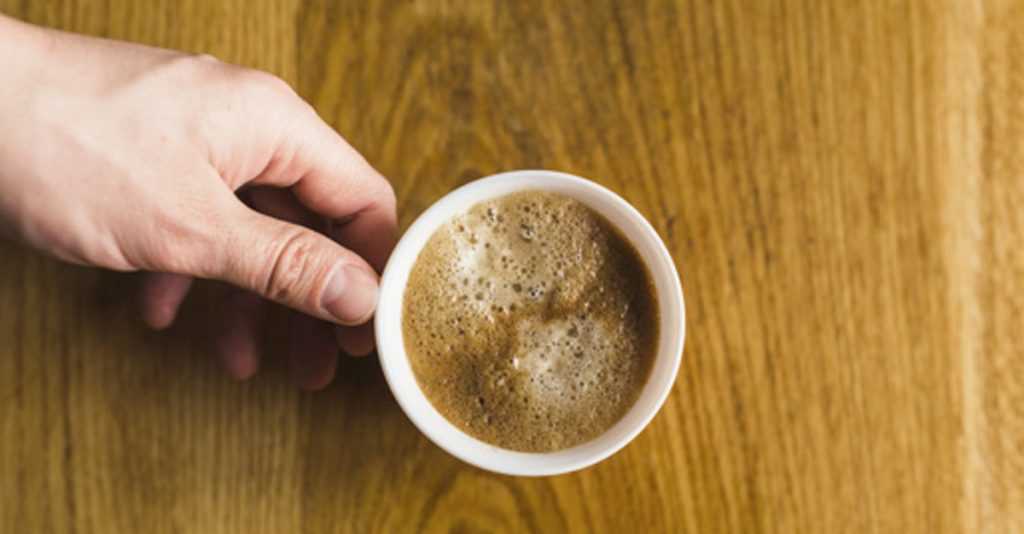Our daily routine is becoming more over-bearing with time. Most of the people complain about not having enough potential to go through the entire day. And that’s when Coffee enters the picture. Caffeine is consumed all around the world as an energy booster. It has many forms – tea, coffee, chocolate, soda – which are used on a daily basis by every person. Caffeine stimulates mental activity, alertness, and concentration. It also increases physical stamina and improves your mood. To consult the best psychologists in Islamabad visit marham.pk.
Although coffee has its benefits, its excessive use can become harmful to you. A lot of caffeine intake can affect your liver and kidneys. It also disturbs your sleeping patterns which can become devastating for your health if prolonged. Here is all you need to know about caffeine.
Sources of caffeine:
Caffeine may sound like a drug-like substance prepared secretly in an underground lab, but actually, it’s not. It is a substance that is naturally found in plants. About 60 species of plants contain caffeine. The most well-known among them are cocoa beans, tea leaves, kola nuts, and coffee beans. Coffee is also an important ingredient in many popular sodas and energy drinks. A number of pharmaceutical drugs also contain caffeine. Many over-the-counter medicines including analgesics, diet-aids, and cold/flu remedies are caffeinated.


Typical caffeine amount in beverages:
In Pakistan, the most common form of caffeine intake is tea and soda. A majority of Pakistanis are tea addicts. And no, there is no age limit when it comes to tea. From a toothless baby to a toothless old, almost everyone takes at least a whole cup of tea a day. Coffee, chocolates, and sodas contain varying amounts of caffeine in them. Generally, an average-sized cup of soluble coffee has almost 65mg of caffeine in it. Ground coffee has about 85mg of caffeine. And if you buy a 30ml espresso cup, you’re taking 50-60mg of caffeine. A soda can or a cup of tea has 25-45mg of caffeine. It might surprise you that tea actually has more caffeine than coffee on a dry weight basis. We usually use a smaller weight of tea to prepare the brew, hence it’s lighter than coffee. Decaffeinated coffee, on average, contains less than 3mg caffeine per cup. Chocolate and cocoa have even lesser amounts of caffeine in them.
How much caffeine is enough?
About 250mg of caffeine is enough for one day. But you’ll be shocked to see the amount of caffeine you consume from your favorite coffee shops! And don’t forget the daily dose of chocolate!
A lot of health experts recommend a maximum of 3 cups of coffee or tea per day. More than 3 cups may cause sleeplessness. Coffee is mildly addictive. So a person consuming a lot of caffeinated products may become caffeine-dependent. Such people experience a headache, muscle pain, and fatigue once their caffeine intake is arrested or reduced.


Nutritional value of caffeine:
Modern studies have proved that caffeine doesn’t have any nutritional value. Because of that, health experts do not encourage its consumption by children. Caffeine reduces their appetite.
Marham will help you find the best nutritionist for yourself and your family members across Pakistan.
6 surprising benefits of caffeine:
Though coffee does not have a nutritional value, it does benefit your body one way or another.
1. Reduces body fat
Caffeine speeds up your metabolism which breaks down your body fat. It interferes with your brain activity and increases blood flow throughout the body. This helps you in losing weight and also increases your energy levels.
2. Improves memory and alertness
Caffeine affects your neural activity and stimulates alertness. It also helps in protecting your brain cells which improve memory. Studies have shown that women aged 65 and above who consumed 3 cups of coffee a day scored better at memory tests than those who took only one cup a day. Coffee also helps in reducing drowsiness and fatigue.
3. Reduced risk of Parkinson’s disease
Coffee helps in protecting your nervous tissue, so the risk of developing Parkinson’s is also reduced. Researchers have observed that drinking 2 to 3 cups of coffee or tea daily decreases the risk by up to 25 percent. To consult the best neurologists in Pakistan, visit marham.pk.
4. Helps to fight depression
Coffee increases alertness and mental stimulation. Hence, an active brain fights of depression and fatigue. It also helps you to remain more mentally present and aware. It was seen that women who consumed 2 to 3 cups of coffee are 15 percent less depressive.
5. Reduced risk of gallstones
Coffee stimulates your metabolic activity. Regular intake of coffee prevents your gallbladder to develop gallstones. About 25 percent of people who drink about 3 to 4 cups of coffee a day are at a lower risk of developing gallstones.
6. Lesser risk of diabetes
It’s a bit surprising to discover the ability of caffeine to help prevent diabetes. Coffee blocks the formation of abnormal protein fibers that are found in patients suffering from type 2 diabetes. To find the best diabetologists in Karachi, visit marham.pk.





